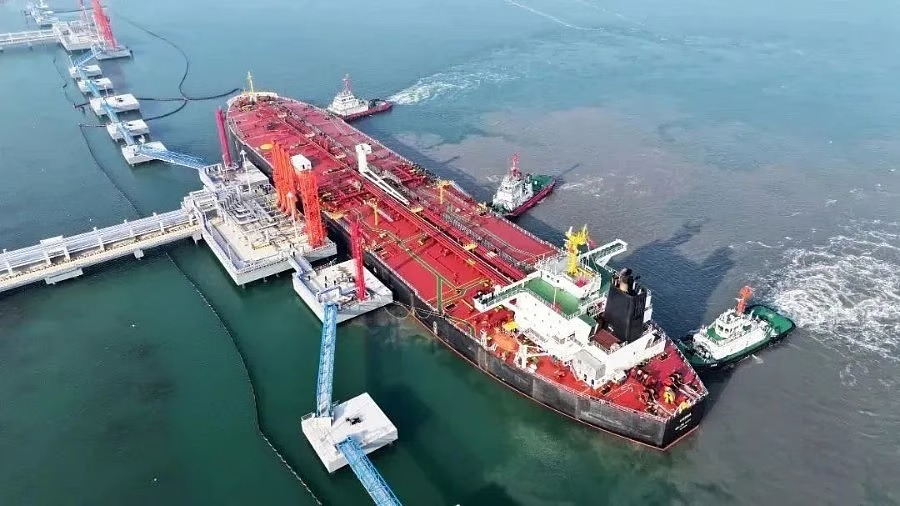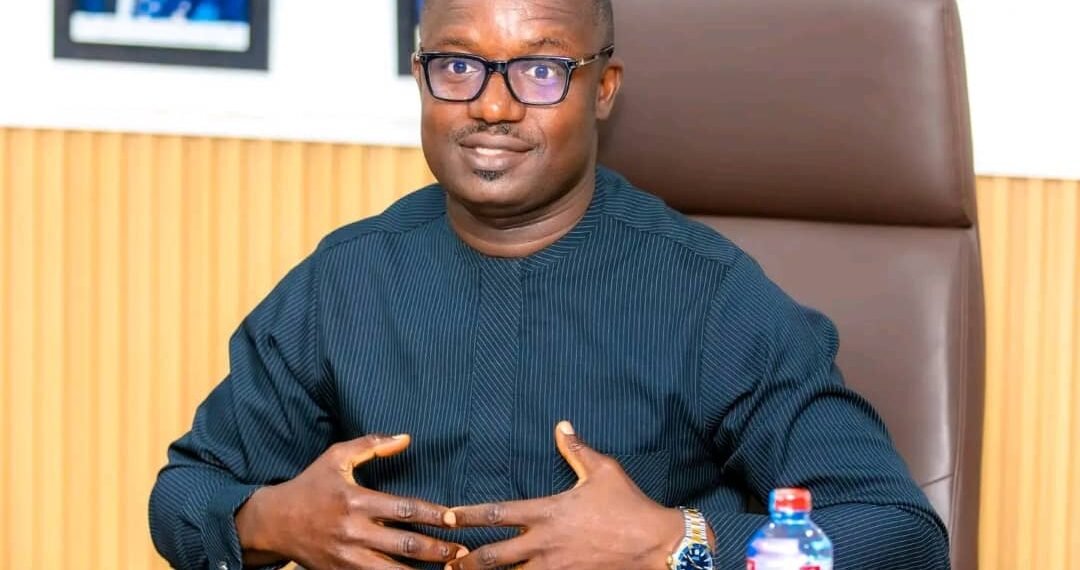The Minister for Energy and Green Transition, Hon. John Abdulai Jinapor, has reaffirmed his government’s commitment to addressing long-standing challenges in the petroleum downstream sector, pledging decisive action on laycan scheduling and systemic inefficiencies.
His remarks came during a stakeholder meeting convened to foster collaboration and transparency across the petroleum value chain.
“As Minister, I take full responsibility for the challenges associated with laycan management. I am not here to pass blame.
“I’ve listened to your concerns, and you have my assurance that we will soon release a comprehensive roadmap to tackle the issues.”
Hon. John Abdulai Jinapor, Minister for Energy and Green Transition
The high-level meeting took place in Accra, bringing together major stakeholders in the petroleum and energy sector. The event served as a platform for collaboration and dialogue among key players in the industry.
Participants included the National Petroleum Authority (NPA), Chamber of Bulk Oil Distributors (CBOD), Tema Oil Refinery (TOR), Bulk Oil Storage and Transportation Company (BOST), Chamber of Oil Marketing Companies (COMAC), the Chamber of Petroleum Consumers (COPEC), and the Africa Centre for Energy Policy (ACEP).
At the centre of the discussions was the pressing need to streamline laycan management — the official scheduling system that dictates the timing for the arrival, berthing, and unloading of petroleum cargoes.

Poor coordination and frequent, unscheduled changes to laycan assignments have reportedly caused costly delays, rising demurrage fees, and disrupted fuel supply timelines across the country.
Industry representatives have voiced frustration over recent breaches of the laycan protocol, including the unauthorised berthing of cargoes not listed in the official schedule.
These irregularities, stakeholders argue, undermine transparency, distort fuel pricing, and erode confidence in Ghana’s petroleum regulatory framework.
The CBOD has estimated that between January and June 2025 alone, inefficiencies related to laycan mismanagement cost BDCs over $40 million in demurrage and associated penalties — costs that ultimately filter down to consumers through higher fuel prices.
“Our aim is not just to manage laycan better; it’s to restore integrity and predictability to the fuel importation process.
“This is about protecting the Ghanaian consumer, supporting local businesses, and safeguarding national energy security.”
Hon. John Abdulai Jinapor, Minister for Energy and Green Transition
Pledge for Sector Reform

In a significant policy shift, Hon. Jinapor announced that the government is prioritising the construction of an additional mooring system at the discharge terminals to reduce bottlenecks.
Currently, the limited berthing infrastructure contributes to vessel congestion and further exacerbates laycan delays.
“We are expanding infrastructure to support efficient product discharge and improve turnaround times.
“This will complement ongoing regulatory reforms and provide long-term structural relief.”
Hon. John Abdulai Jinapor, Minister for Energy and Green Transition
Hon. Jinapor called on all stakeholders to support the reform process by prioritising accountability, information-sharing, and adherence to collective agreements.

“Modernising the downstream sector requires everyone’s buy-in. These reforms are not about finger-pointing — they’re about setting a new standard.”
Hon. John Abdulai Jinapor, Minister for Energy and Green Transition
Stakeholders welcomed the dialogue and commended the Minister’s transparent approach. CBOD and COMAC representatives expressed optimism about the roadmap’s potential to address inefficiencies if enforced consistently and equitably.
The reforms must be supported by a stronger legal and governance framework to prevent future breaches and institutionalize best practices.
With Ghana’s petroleum sector playing a vital role in economic stability and energy reliability, Hon. Jinapor’s leadership in tackling one of its most contentious issues is being closely watched by industry players, civil society, and international observers.
The forthcoming roadmap is expected to outline specific timelines, technical interventions, and governance measures aimed at overhauling Ghana’s laycan management and downstream infrastructure.
READ ALSO: Mastercard and Access Bank Unveil Innovative Age-Segmented Card to Empower Ghana’s Youth



















